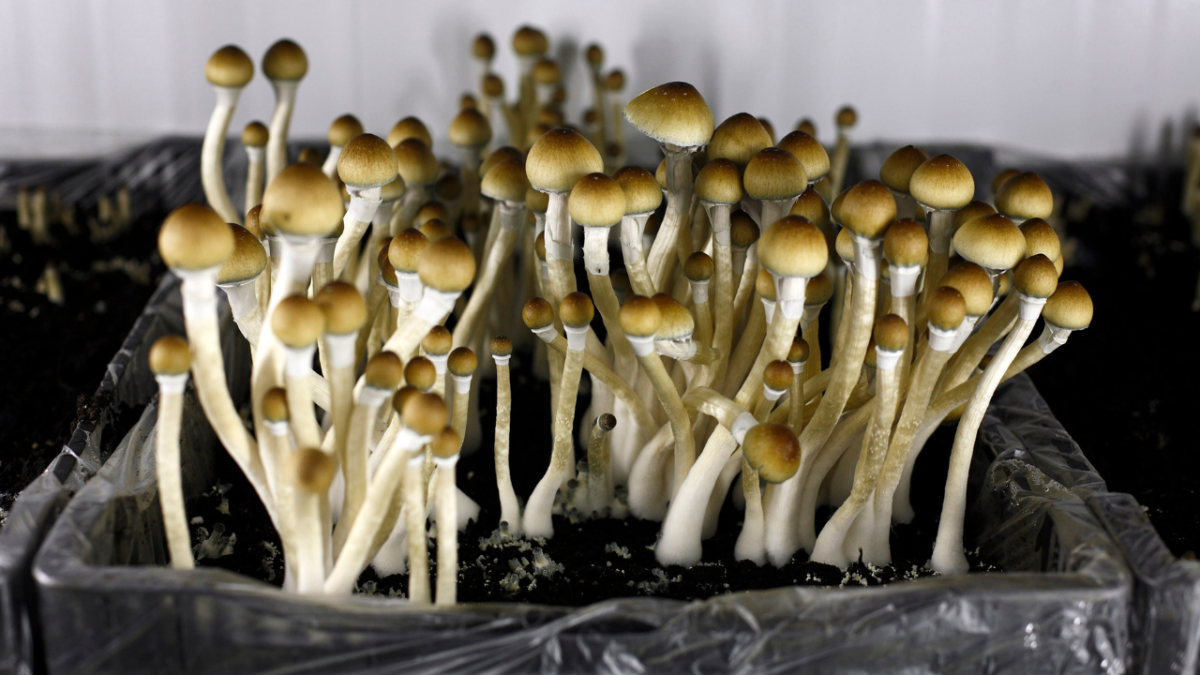
Australia has become the first country in the world to classify two different psychedelics as medicines. We simply love to see it.
From July 1, it’s legal for psychiatrists to prescribe MDMA and psilocybin — the active ingredient in magic mushrooms — for specific mental health conditions, per the Royal Australian College of General Practitioners. This is because the Therapeutic Goods Administration moved these psychedelics from Schedule 9 (prohibited substances) to Schedule 8 (controlled substances), but only for medical use.
Psychiatrists will be able to prescribe MDMA for post-traumatic stress disorder, while psilocybin will be accessible for people with treatment-resistant depression.
The catch is that these substances won’t be dispensed for home use, and can only administered in clinical settings under strict supervision.
According to the Guardian, the substances must be prescribed by psychiatrists with pre-approval via the TGA’s Authorised Prescriber scheme.
Daniel Perkins, co-executive director of the Psychae Institute and senior research fellow in the School of Population and Global Health at the University of Melbourne, told the publication: “Psychiatrists will need to provide a clinical justification for why they believe these substances are appropriate for the patient group they’re proposing to treat.”
According to the TGA, psilocybin and MDMA “show promise” in the treatment of post-traumatic stress disorder and treatment-resistant depression.
Psilocybin and MDMA are relatively safe when used in a medically controlled setting under the supervision of appropriately trained healthcare professionals and in the dosages that have been studied in clinical trials,” the TGA said.
Mike Musker, a mental health and suicide prevention researcher at the University of South Australia, told SBS News reclassifying the substances as medicines is a “game changer for psychiatry”.
“It’s one of the biggest evolutions in psychiatry in the last 70 years,” he said.
“Access to psilocybin and MDMA in Australia has been long-awaited for both research and treatment.
“There are many people in the community experiencing PTSD and depression, particularly army veterans and people who have worked in emergency services, where standard psychiatric drugs have not worked and offer no relief.”
As always, there are some caveats to the news. Stephen Bright, a senior lecturer at Edith Cowan University and director of the charity Psychedelic Research In Science & Medicine, told the Sydney Morning Herald the psychedelic-assisted therapy will cost a pretty penny.
“For the actual patient, it might be $25,000, $30,000 for a treatment,” he said.
“I honestly don’t think, for the next 12 to 18 months post July 1, that these treatments will be very widely available at all.
“The tight controls of therapy mean there are very few psychologists who put their hand up. There will be a few clinics that open up, but I don’t think we’re going to see the floodgates open.”
If treatment will cost that much, the sad reality is that it’ll be out of reach for heaps of Aussies — especially folks with chronic mental health conditions.
If you’re keen to learn more about the TGA and what reforms they’re working on, suss out our full coverage here.
It might sound super boring from the outset, but the TGA deals with all sorts of juicy things like drugs, influencer marketing and even condoms.
Who knew a government regulatory body could be sorta interesting?
Image credit: Roger Cremers / Bloomberg via Getty Images



